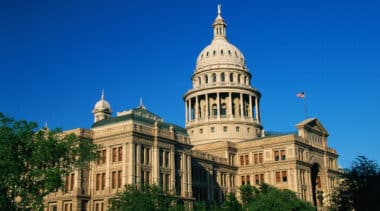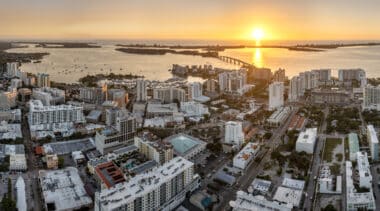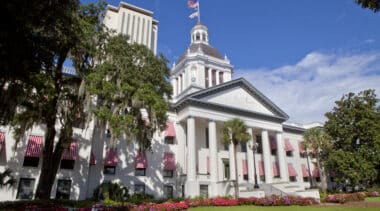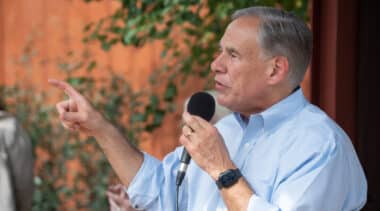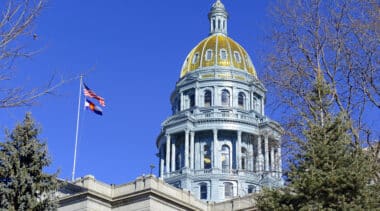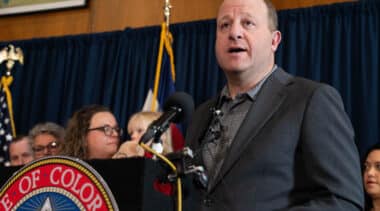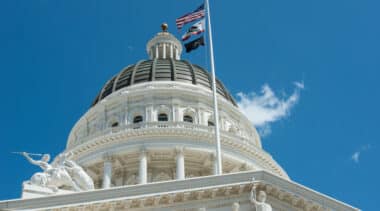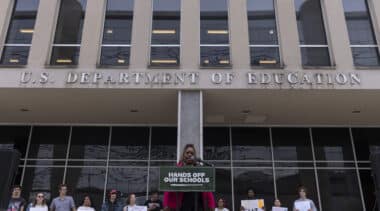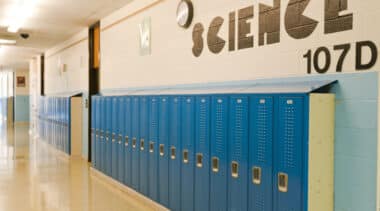-
How LAUSD can deal with budget deficit, declining enrollment
California ranks fourth in the nation in public school spending growth since 2002, which has helped masked the Los Angeles Unified School District's financial mess.
-
Which K-12 finance systems foster school choice?
A look at education funding portability in five states and why it matters.
-
More states should expand school choice for public school students
Letting students attend whichever public schools are the best fit for them is a straightforward way to improve public schools and student outcomes.
-
Texas amends non-consensual sexual deepfake law to include images
House Bill 449 exemplifies how legislatures can address emerging technologies without undermining civil liberties.
-
How to boost housing affordability in Sarasota, Florida
By not allowing affordable housing in Sarasota, the city is increasing sprawl, conversion of undeveloped land, and greenhouse gases emissions from commutes.
-
Florida Senate Bills 1730 and 180 are solid housing reforms
Both bills, while having room for improvement, are promising steps toward a better housing policy landscape in the state of Florida.
-
Proposed antitrust remedies for Google ignore the impact of AI on internet search
The antitrust remedies proposed by the Department of Justice will not open competition as intended—they will simply harm Google and its ability to compete.
-
Time is running out for America’s air traffic control system
Ensuring aviation safety requires bringing both air traffic control technology and the business model into the 21st century.
-
Overview of state-level cybersecurity legislation
The data exhibits a clear upward trajectory in cybersecurity legislation, peaking notably in 2023 with an impressive 529 bills introduced in a single year.
-
Resistance to zoning reform in NYC’s wealthiest areas comes at a citywide cost
New York City needs a more consistent, citywide framework that prevents wealthier areas from opting out of growth.
-
Trump’s proposed price controls on Medicare and Medicaid could reduce government spending
The executive order seeks to reintroduce the most favored nations reimbursement model, which was originally formalized during Trump’s first administration.
-
Why Gov. Greg Abbott should veto Texas Senate Bill 3
Senate Bill 3 would effectively dismantle the state's hemp industry, costing Texas millions in revenue and thousands of jobs.
-
Colorado should not use PERA to invest in non-pension programs
Colorado may invest emergency money through the Public Employees Retirement Association to fund a $350 million law enforcement supplement.
-
Governor Polis signed Colorado’s restrictive AI law, but supports a federal moratorium on similar legislation
Governor Polis believes it would be best to have a strong national policy governing AI that supersedes state law.
-
California needs tech solutions, not just poorly defined AI regulations, to protect kids
California’s Assembly Bill 1064 attempts to regulate a problem—dangerous AI-driven attachments— without clear solutions.
-
Don’t trust the federal government with the nation’s largest school choice program
A federal school choice program would establish a one-stop shop for Congress to impose nationwide mandates on private schools.
-
Analyzing the Trump administration’s tariff policies and goals
The Trump administration’s tariff gambit has proven itself far more reversible than resolute.
-
Strengthening open enrollment laws is key to unlocking public school choice for kids
Examining how open enrollment law design impacts public school transfer opportunities.



